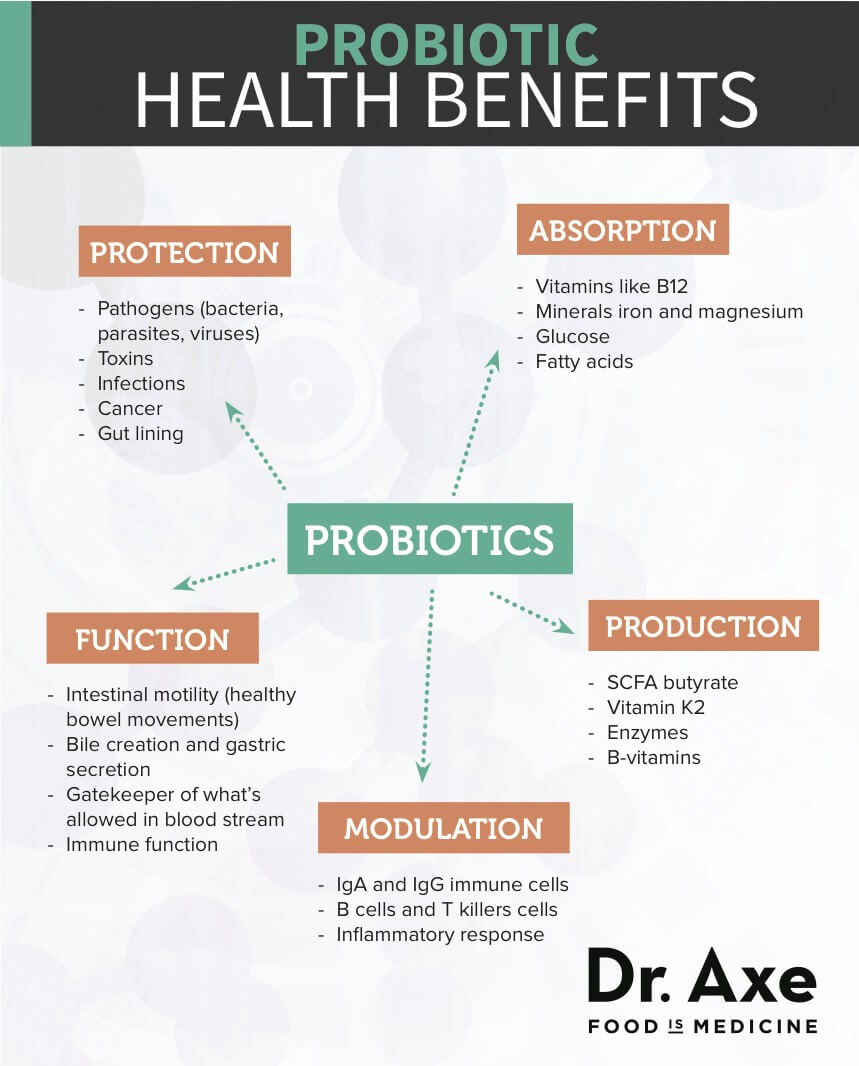Probiotics are becoming increasingly popular in the health industry these days. Health experts assert that they help in maintaining a strong immune system, as well as provide a holistic remedy to treat digestive, mental and neurological disorders. But what exactly are probiotics?
Said to be the key to intestinal health, probiotics are often described as ‘good’ or ‘friendly’ bacteria that help with digestion and protect your gut from harmful bacteria. The gut is, in fact, the second largest part of the human body’s neurological system is where 80 percent of your immune system is located, making a healthy gut a major focal point if you want to maintain optimal health.

Lactobacillus is a type of rod-shaped bacteria that normally found in the intestines, as well as in other parts of the body, such as the urinary and reproductive systems. In the digestive tract, these bacteria helps in absorbing nutrients, and fighting against the growth of yeast and fungi.
A lack of probiotics in your digestive system can cause you to get sick more often. The main symptoms of probiotic deficiency include constipation, chronic diarrhea, chronic bad breath, and a higher incidence of cold and flu.
Medical practioners believe the benefits of probiotics are numerous and can help improve your health in a number of ways, including preventing and treating kidney stones and liver disease, lowering the level of cholesterol, treating acne and eczema, and helping weight loss.

There are many popular yogurts in the grocery store contain probiotics linked to all kinds of health benefits. But due to technological advances such as modern farming practices that uses high levels of chemical-based substances, most of those products don’t have anywhere near enough of the “healthy bacteria” to do much good.
You can get probiotics from foods that are prepared by bacterial fermentation (fermented foods), such as sauerkraut, kimchi, and apple cider vinegar. Natto, raw cheese, and kefir are also rich in probiotics. If you can’t or won’t eat any of these foods, then you can also take a probiotic supplement.
Read also: Benefits of Garlic: 6 Healthy Reasons to Eat More Garlic
– Cover Image: shutterstock.com









